We live in the Pinellas County School District, and most St. Petersburg High School students have lived in this district for their whole lives. This can make it hard to believe that other counties, states, and even countries have a different school system than we have. However, it is important that we recognize the differences in other school systems because it can not only help us reflect and appreciate what we have but also allow us to advocate for how we can improve our school system.
In Florida, we are currently suffering from a teacher shortage, and this is due to several reasons. The main reason is the lack of teacher pay. “Teachers aren’t teaching because of the money, because it’s just not a sustainable way to live,” says St. Petersburg High School International Baccalaureate Senior Sarah Blackett, “They teach because they like what they do.” Teachers are raising our generation to make an impact on the world. They deserve hard-earned money. According to Sarah, “We need more teachers, and if we want more, we need to pay them more.” Avery Baker, a junior at William Amos Hough High School in North Carolina, believes that “more money can motivate teachers to be more involved with their students’ learning.”
The existence of elective courses in the Pinellas County School System is also unique compared to other schools. While this may seem surprising, European schools do not have electives. “It’s cool that you can pick classes that you’re interested in,” says Chiara Ferus, a German high school student. “It can help you learn a basic knowledge of something that interests you before you go study it later in life.” Chiara believes that if Europe had electives, their school system would be improved. In high school, I believe that students should take electives because of interest, not just to receive an easy grade. Despite being primarily easy classes, electives have a deeper meaning. If St. Petersburg High School focused on elective importance, our students would feel more confident pursuing career choices.
The purpose of education is to give children a basic understanding of knowledge that they can use later in life. However, we all know that y=mx+b isn’t helpful when it comes to being a lawyer. This begs the question of whether our school system really prepares us for our lives after graduation. Many IB graduates say that IB is more difficult than college, in comparison to traditional students who say it is a more challenging transition, but advisors can help tremendously. Across the Atlantic, Zia Baig, an IB senior at Gardens Secondary School in Saudi Arabia, feels that his high school definitely prepared him for college. “Overall, I think my high school definitely prepared me,” he explains, “but because our school is in an enclosed community, we don’t get taught much life skills.” Similarly, at our school, we don’t either. As I mentioned earlier, slope-intercept form does no good in the law field. It may help someone, but ultimately, most people will forget about it. It’s much more effective to include courses that everyone can apply to their adult lives. If we incorporated more life skill classes in our curriculum, students would be much better off after they graduate.
The consensus of students around the world is that to improve our school system, we need to do the following: pay our teachers more, focus on electives, and better prepare students for post-graduation life. Nevertheless, it’s interesting how different school systems are worldwide. As American students, we need to understand these differences. We need to learn to be appreciative of what we have and what we can do to be better.


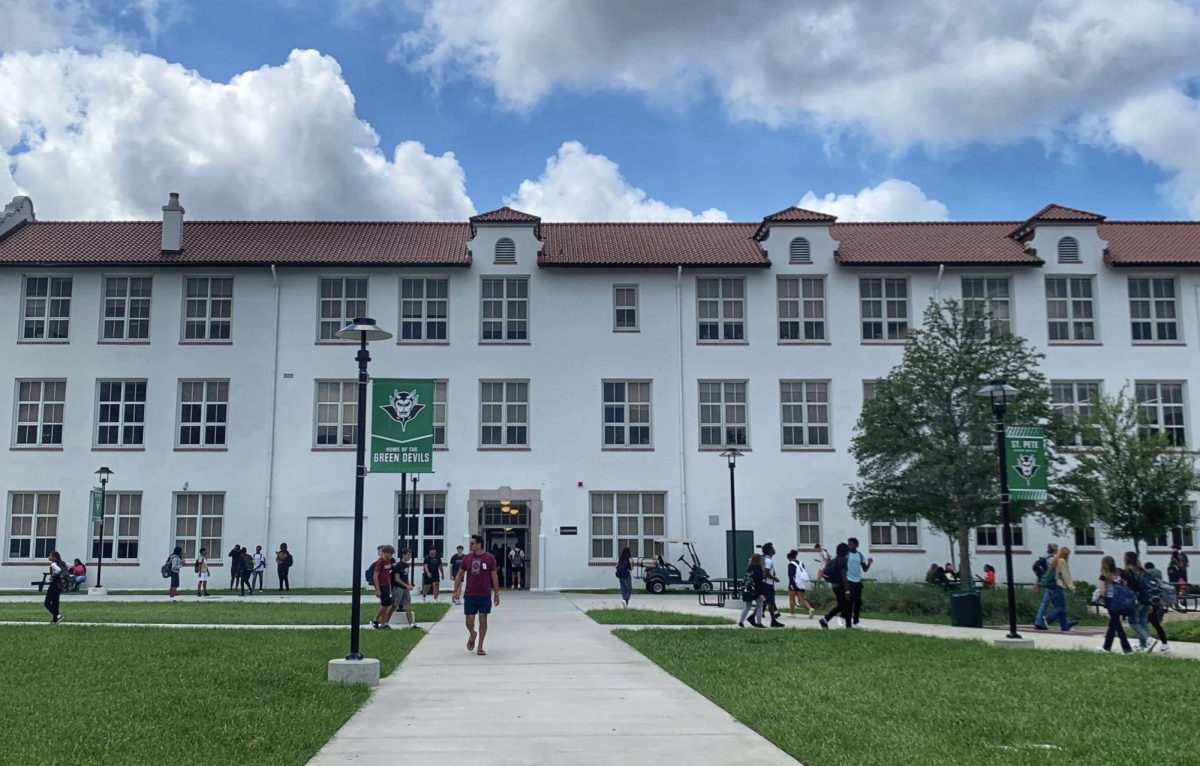

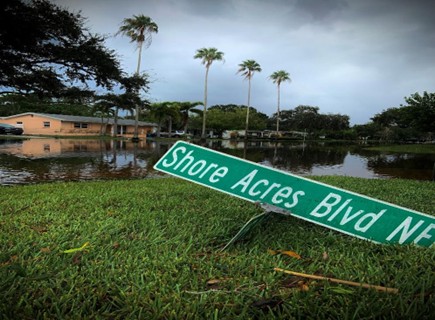

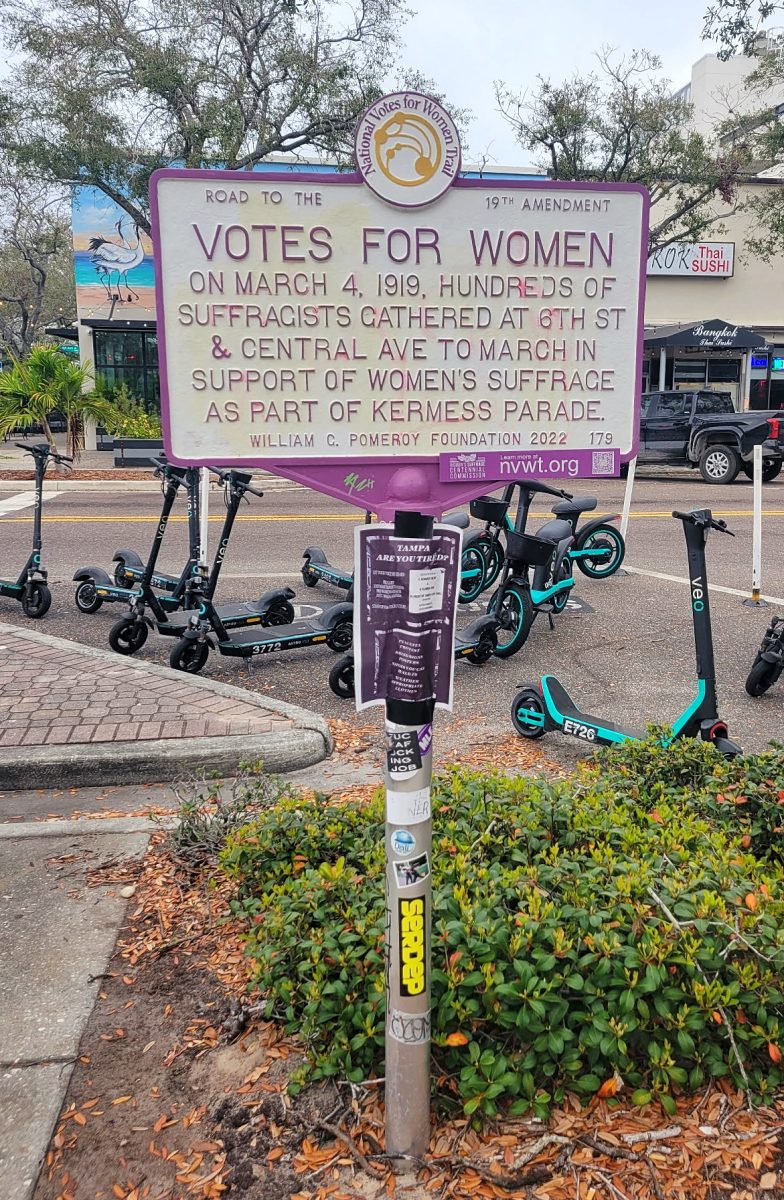


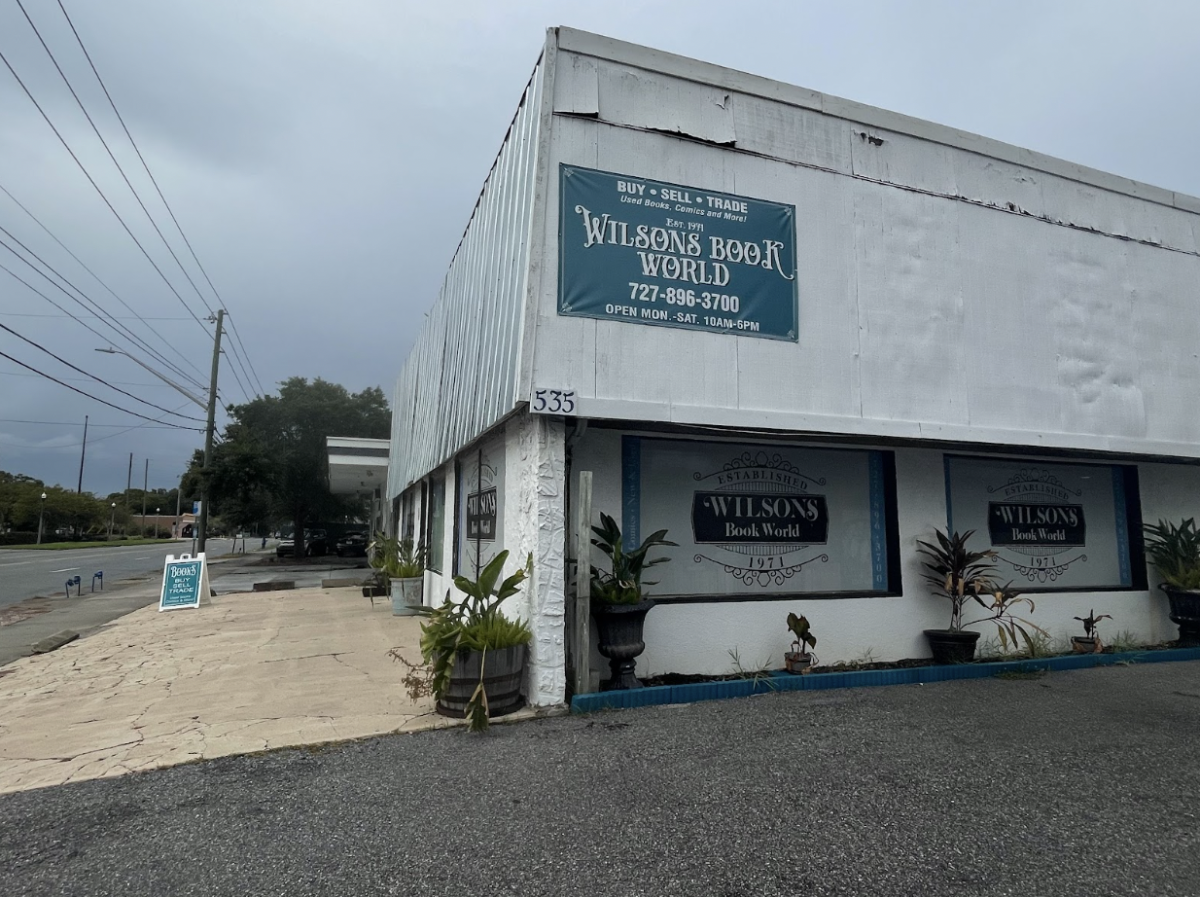
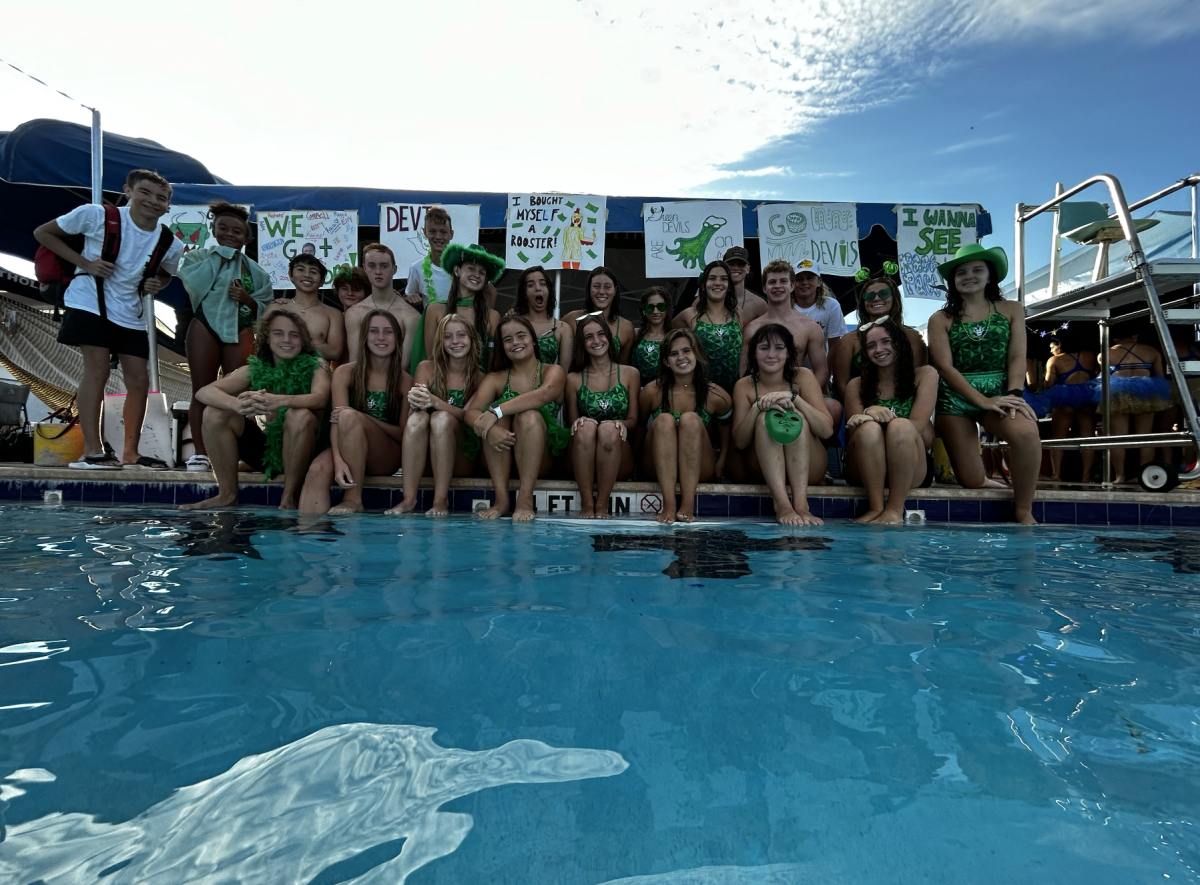
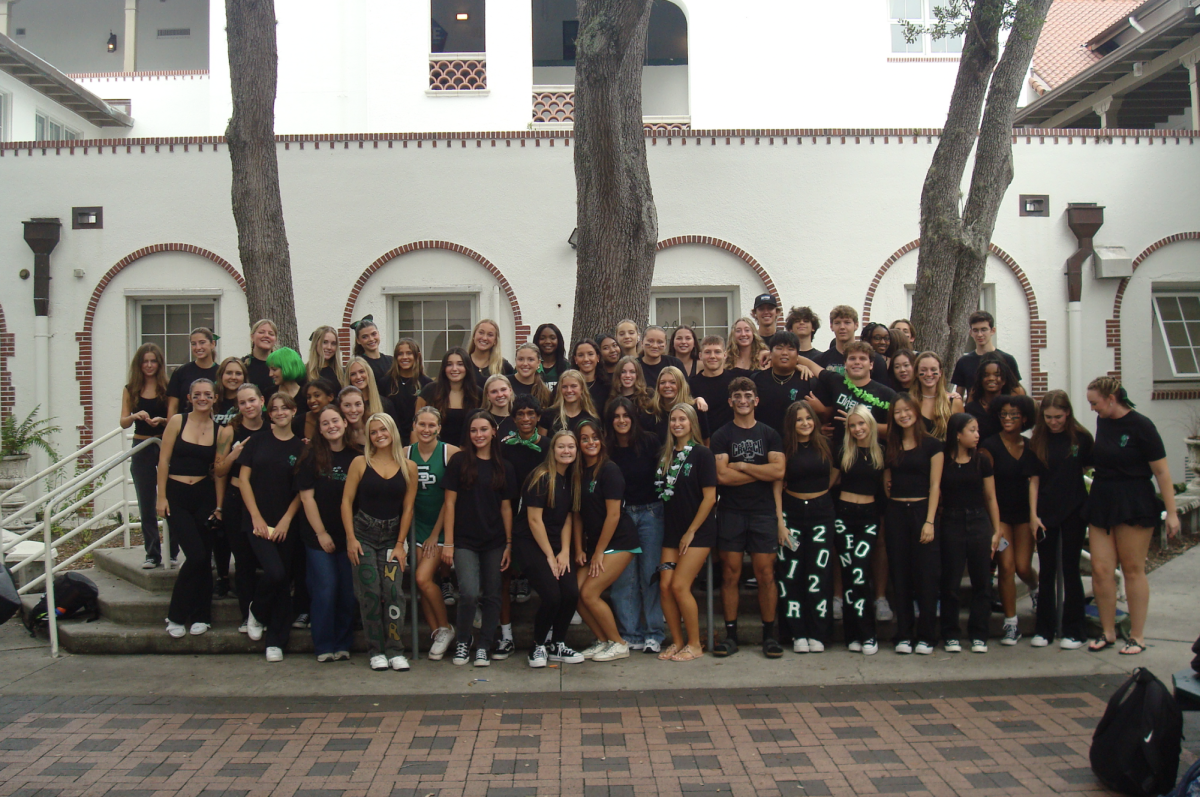

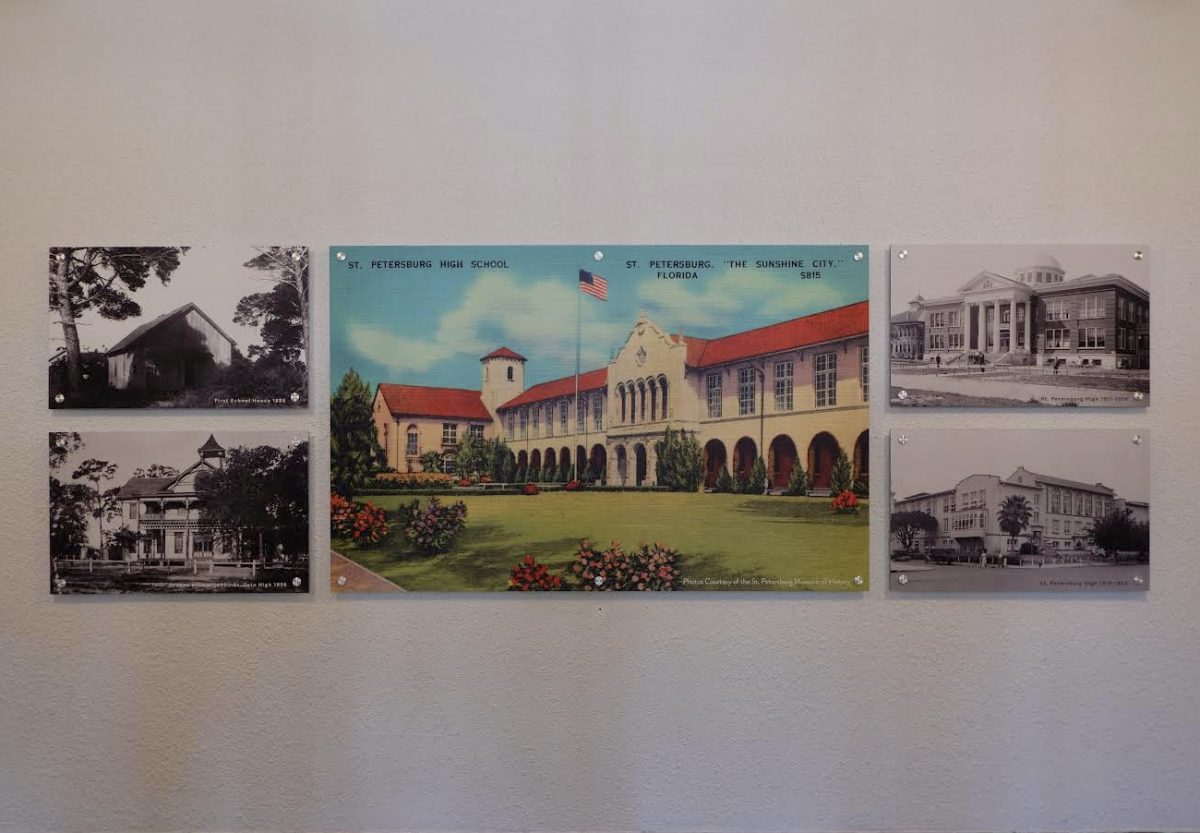

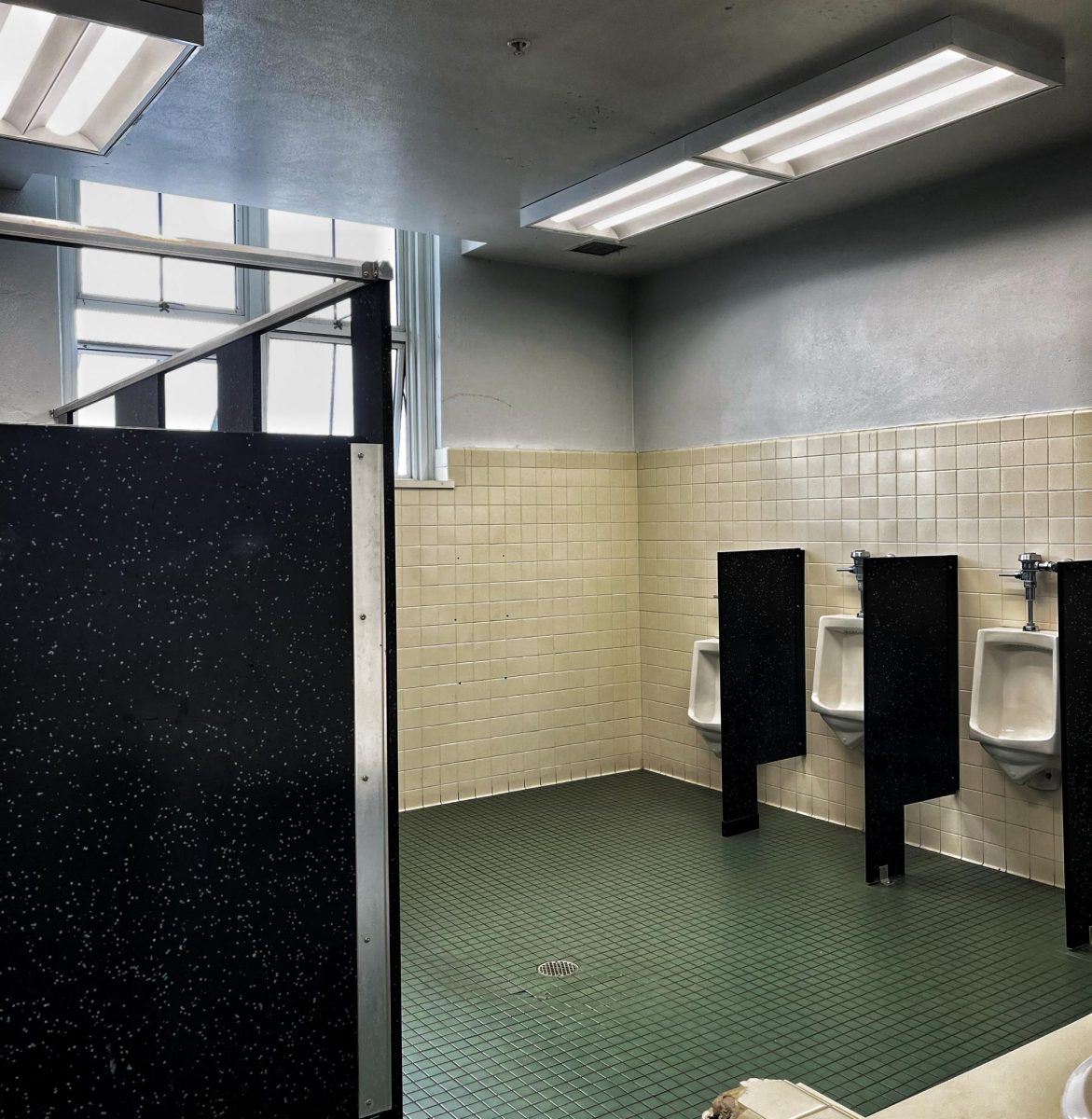




Sandra Wirth • Oct 18, 2023 at 1:07 pm
Very interesting and well done. Keep up the good work.
Stefan Jouret • Oct 18, 2023 at 12:16 pm
Mathematics might actually be of some help to lawyers. One form of math, logic, is closely related to what certain lawyers do. For example, a trial lawyer might use logic to try to persuade a jury of the soundness of the lawyer’s position. And some famous mathematicians were also lawyers, such as Pierre de Fermat and Gottfried Leibnitz (co-inventor of calculus). Another well-regarded American lawyer, Abraham Lincoln, was also an advocate of studying Euclidian geometry for the mental benefits it brings.